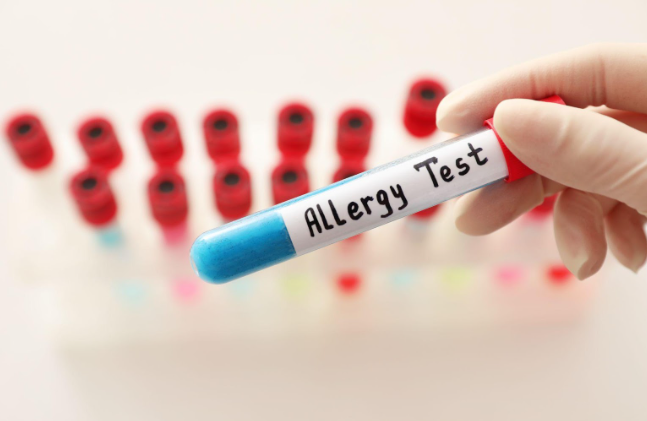Spring Allergies Uncovered: Surprising Triggers and How to Fight Back Naturally
Spring Allergies Uncovered: Surprising Triggers and How to Fight Back Naturally

Spring is finally here, bringing warmer temperatures, longer days, and blooming flowers. But for many, it also means the return of dreaded allergy symptoms. Sneezing, itchy eyes, congestion, and fatigue become daily struggles as the air fills with allergens.
While most people blame pollen, there’s more to spring allergies than just what’s floating outside. Hidden triggers, from mold spores to everyday household allergens, could be making your symptoms worse. Even certain foods might increase your misery without you realizing it.
The good news? Natural remedies can help you fight back and find relief without relying solely on medication.
The Unexpected Culprits Behind Spring Allergies
When spring allergies hit, pollen is often the first thing that comes to mind. While tree, grass, and flower pollen are well-known triggers, they’re not the only cause of seasonal sniffles. Many people react to hidden allergens that aren’t as obvious but are just as aggravating.
One major culprit is mold spores. As temperatures rise and spring showers increase, mold growth surges both indoors and outdoors. Mold thrives in damp environments like basements, bathrooms, and even piles of wet leaves in your yard. Unlike pollen, mold spores don’t disappear after a warm day—they linger, continuing to irritate your sinuses and worsen allergy symptoms. If your allergies seem to be worse after a rainy day, mold might be to blame.
Indoor allergens can also intensify springtime allergies. Dust mites, pet dander, and indoor pollutants build up over the winter when windows stay shut, trapping them inside. The moment you start spring cleaning, you may stir up months’ worth of allergens, making symptoms even worse. Mattresses, carpets, and upholstered furniture all harbor allergens that can contribute to ongoing congestion, sneezing, and sinus pressure.
Another surprising trigger? Certain foods! Some fruits and vegetables contain proteins that mimic pollen, which can cause your immune system to react as if you’re inhaling allergens. This condition, called oral allergy syndrome, often leads to an itchy mouth or throat after eating foods like apples, peaches, cherries, or melons. If you notice that certain foods make your allergy symptoms flare, your springtime diet may need a closer look.
How to Naturally Reduce Spring Allergy Symptoms
Managing spring allergies naturally is possible when you take proactive steps to minimize exposure and support your body’s immune system. Since many allergens thrive both indoors and out, addressing your environment can make a big difference in how you feel.
Keeping mold spores under control starts with moisture management. Dehumidifiers help reduce indoor humidity, creating an environment where mold struggles to grow. Regularly cleaning damp areas like bathrooms and basements with natural anti-fungal solutions like vinegar or tea tree oil can also help. If you’re sensitive to mold, it’s a good idea to check your HVAC system and air filters—mold can build up there and circulate throughout your home.
Reducing indoor allergens takes a bit of effort but can lead to noticeable relief. Washing bedding in hot water weekly helps eliminate dust mites, while using hypoallergenic pillows and mattress covers can create a barrier against allergens. Vacuuming with a HEPA filter and wiping down surfaces with a damp cloth instead of dry dusting will trap particles instead of spreading them into the air. If spring cleaning stirs up your symptoms, try wearing a mask while you clean and open windows to let fresh air in—just be mindful of high pollen counts outside.
If food-related allergies seem to be an issue, adjusting your diet could help lessen your reaction. Cooking fruits and vegetables before eating them can break down the proteins that mimic pollen, reducing the likelihood of symptoms. Keeping a food journal can also help you pinpoint which foods trigger a reaction. Additionally, anti-inflammatory foods like turmeric, ginger, and omega-3-rich fish can help support your immune system and reduce allergy-related inflammation.
When to Seek Professional Help
Strengthening your immune system and making environmental changes can go a long way in managing allergies, but if symptoms persist or become severe, professional treatment may be necessary. Chronic congestion, difficulty breathing, or worsening allergic reactions could indicate a need for allergy testing or specialized treatments.
At
Sisselman Medical Group, we understand how frustrating seasonal allergies can be. Our team provides expert diagnosis and personalized treatment plans to help you find lasting relief, so don’t waste any more of your springtime—contact us today and take control of your spring allergies before they take control of you!











